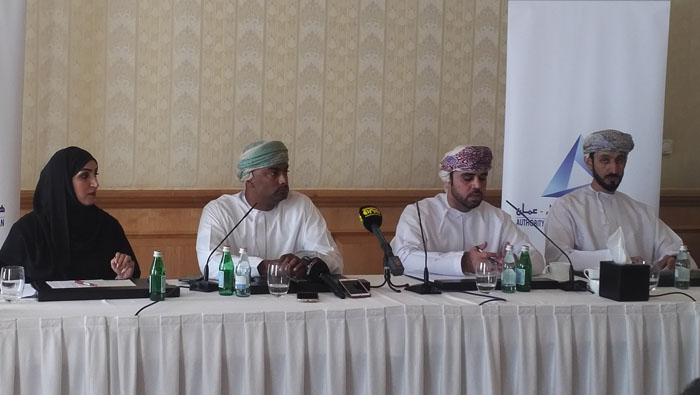
Muscat: Oman will appoint local energy auditors to support government’s energy efficiency objectives, which is in line with the Authority for Electricity Regulation’s (AER) priority area this year.
Energy Services Companies (ESC) will ensure that sectors targeted for such audits have reasonable power demand and offer insights into ways this demand can be curtailed. AER is working with Riyada, the Public Authority for Small and Medium Enterprise to raise capabilities of local SMEs so that they can undertake such initiatives.
Energy efficiency
“For improving energy efficiency in the country, we went with empirical data instead of theoretical data. In 2016, we gathered data on reasons for high energy use in buildings, behavioral aspects of users and how could we reduce it,” Qais Al Zakwani, Executive Director at AER said.
“We noticed that by small behavioural improvement, energy savings of seven to eight per cent could be registered. This is with zero capital expenditure (Capex). The second way was retrofitting buildings like putting in double glazed windows or installing LED lights instead of the conventional ones. These require Capex. We are promoting local energy auditors for doing these tasks.”
Advisory services
Auditors will only provide advisory services to clients and management of energy will be determined by the clients themselves.
“At the end of the day, it depends if they will take or recommendations or not. If they don’t, they will be slapped with a bill that reflects their energy usage,” he added.
The move can benefit large consumers who are billed according to Cost Reflective Tariffs (CRT) and have sort ways of reducing their energy consumption through efficiency and innovative solutions.
AER is also studying the impact of CRTs on these users, some of which have undertaken energy management solutions within their operations.
Although Oman does not have a green building code which enables developers to qualify their buildings as a sustainable building that consumes less energy, many developers in the country have undertaken initiatives to get LEED certified, an American standard for green buildings. Developments like Omran’s Oman Exhibition and Convention Centre (OCEC) is a prime example where energy savings of up to 20 per cent are recorded due to sustainable materials, building management systems and smart architecture.
With the help of energy auditors, building owners can understand where energy is being used and what devices are consuming maximum electricity. Al Zakwani explained that such measures could allow offices and residents to cut costs as they would now be aware of energy consumption.
Waste-to-energy project
Al Zakwani also announced that tender for waste to power project will be floated this year and OPWP is already working on the scope of the initiative.
“Earlier we had found that Oman has a strong potential for solar and wind and bio or waste did not have that kind of potential because the waste was scattered and the project did not seem feasible. However, after efforts by beah, to analyse and separate waste, the projects are economically feasible,”